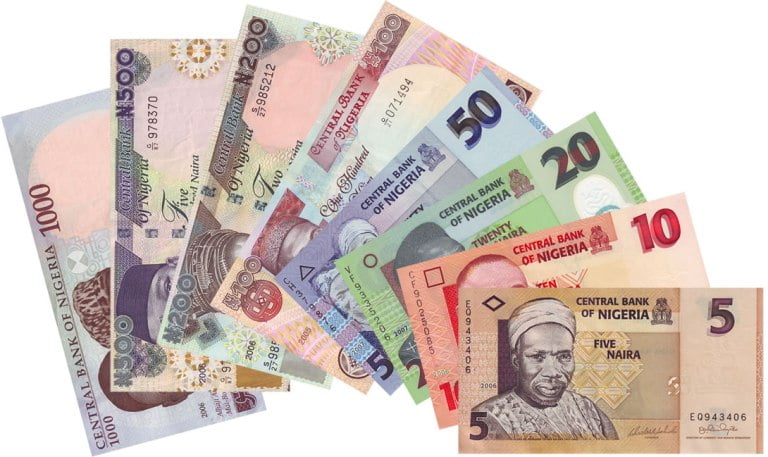The controversial cashless regime of the Federal Government continues to take a toll on citizens across the country, including students.
The redesign policy of the Central Bank of Nigeria, CBN, and insistence on the use of only new naira notes have starved millions of funds since January.
Last week, the Supreme Court nullified the enforcement of new notes, extending the validity of the old N200, N500, and N1,000 till December 31.
The apex court declared that President Muhammadu Buhari’s action was not only not permitted under democracy, it breached the Constitution and the rights of the citizens.
Though the CBN was directed to release the new notes immediately, they are yet to circulate as expected. Only a few banks and Automated Teller Machines, ATMs, have adequate cash.
In Lagos, some students say they have been paying for transport and other services with foodstuffs they took from home.
On Tuesday, two students of the Government Technical College in Odomola, Epe, narrated their experience to DAILY POST.
Ridwan, who studies Plumbing and Pipefitting, said he had to pay for his fare with rice while returning to school on Monday.
The teenager recalled how the drivers of the buses he entered initially got furious when he could not provide cash but eased after he offered food.
“As I was leaving in the morning, I could not get cash from the ATM or PoS, so I used the only cash with me to get to Chevron bus stop.
“It was rice that helped me get to school. The price from Chevron to Ajah is N300 but I gave the bus driver one derica of rice.
“Ajah to Epe is N1,000…I paid with another one derica. When I got to Epe, I explained to the okada man that I didn’t have cash but had food.
“He took me to my area near Landlord Association road and I gave him one derica instead of paying N300. That’s how my three derica finished,” he lamented.
Tunde, who studies Garment Making, revealed he used a loaf of bread in exchange for transport on Sunday, saying other colleagues do the same in recent times.
“No cash and we cannot withdraw for some weeks now. The foodstuff we take from home is small but we don’t have a choice other than use it to find our way.
“If you’re not ready to drop something, no car, bus, okada, or even keke will carry you except the ones that decide to assist because we are students,” he said.
Meanwhile, Socio-Economic Rights and Accountability Project, SERAP, has asked President Buhari to disclose how his government is obeying the court order.
Reacting to the judgement, Ebun-Olu Adegboruwa, SAN, said the Supreme Court displayed courage and rescued Nigerians from “the pangs of death, frustration and looming economic recession.”





